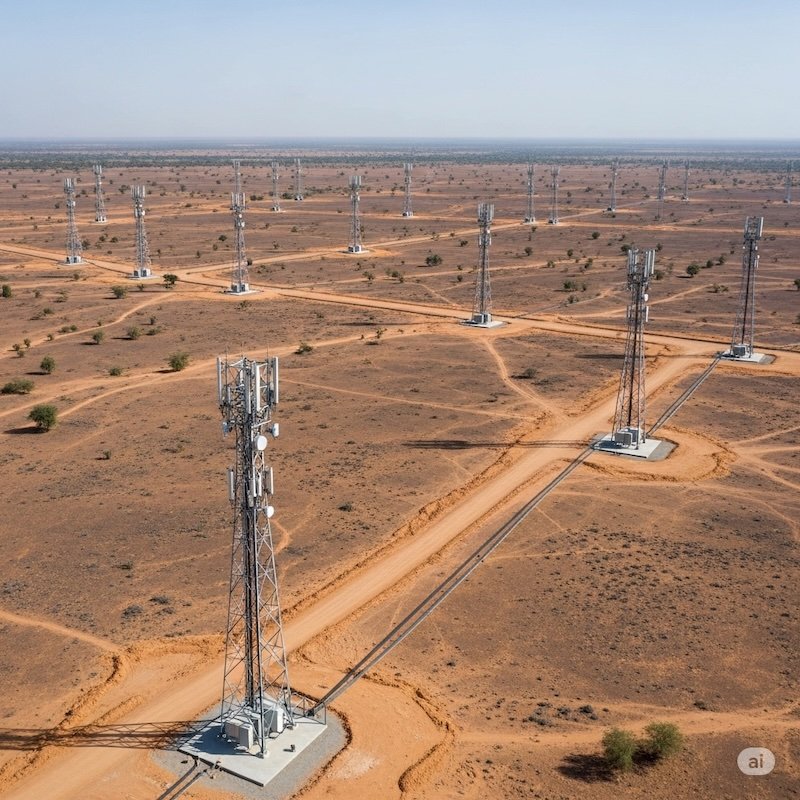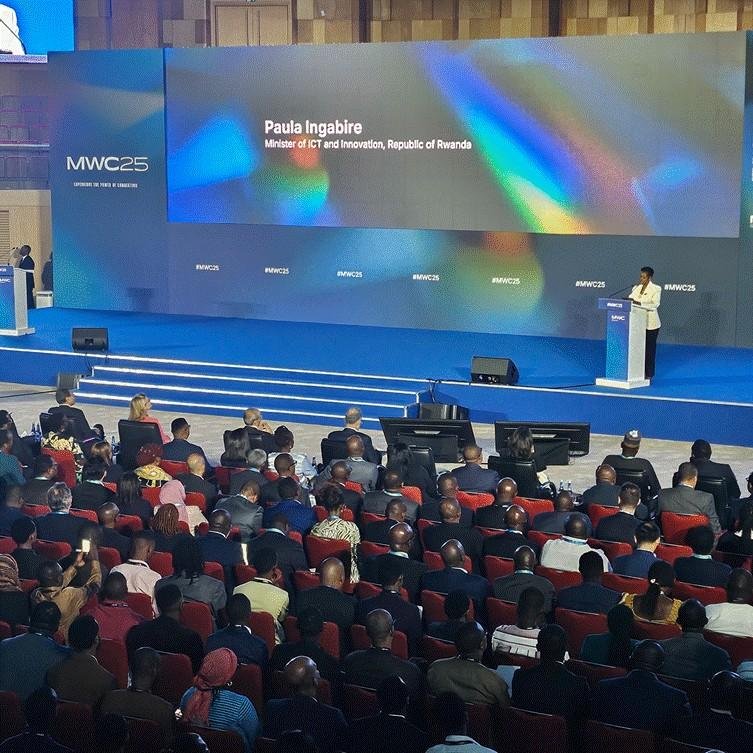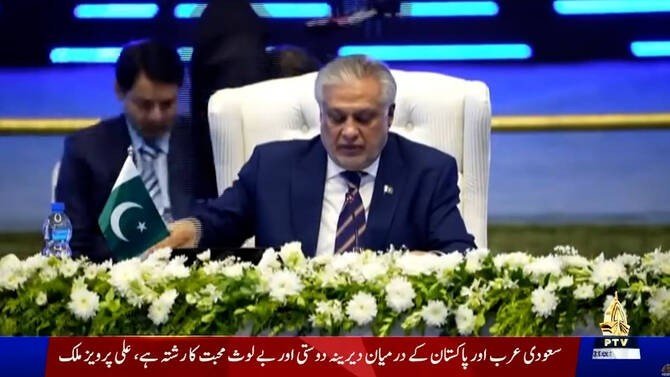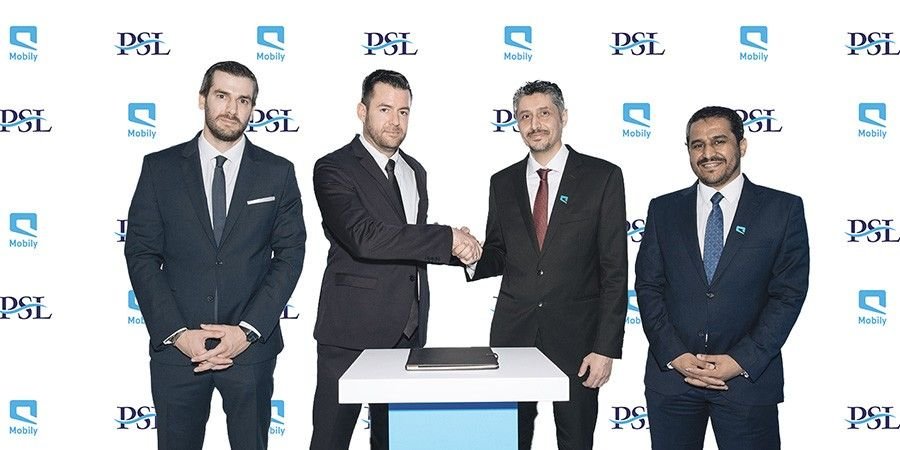Key Takeaways:
- Significant Investment: IFC will provide two loans totaling $424.54 million to support Maroc Telecom’s subsidiaries in Chad and Mali.
- Enhanced Connectivity: The funding aims to improve mobile internet quality and facilitate the rollout of 4G services in both countries.
- Digital Inclusion: The partnership will help bridge the digital divide, foster economic development, and support financial inclusion through services like Mobile Money.
Maroc Telecom and the International Finance Corporation (IFC) have announced a long-term partnership to enhance mobile connectivity and internet quality in Chad and Mali. IFC is providing two loans totaling $424.54 million to Maroc Telecom’s subsidiaries in these two nations, specifically to support the expansion of 4G services. This investment promises faster, more reliable internet access for both individuals and businesses.
Mohamed Benchaaboun, CEO of Maroc Telecom, emphasized the company’s long-standing commitment to sub-Saharan Africa. “With over 57 million customers outside of Morocco, Maroc Telecom provides all telecom services, from fixed line to mobile, and obviously broadband data access,” he stated. He highlighted that mobile data is crucial for internet access and that 4G services are instrumental in reducing the digital divide. Benchaaboun expressed optimism that this financial partnership with IFC will significantly boost network coverage and quality of service, leading to widespread 4G adoption and supporting the development of Chad and Mali. He also noted the potential for enhanced service portfolios, including Mobile Money, which is vital for financial inclusion.
Makhtar Diop, IFC Managing Director, underscored the strategic importance of supporting cross-border investments through regional leaders like Maroc Telecom, particularly in fragile and conflict-affected regions where economic development contributes to stability. “By mobilising private capital to expand digital infrastructure, we’re unlocking opportunities for innovation, skills development, and job creation across Africa—fully aligned with the continent’s priorities,” Diop added.
This collaboration aligns directly with the African Union’s ambitious goal of establishing a secure single digital market in Africa by 2030, pushing forward the continent’s digital transformation agenda.















